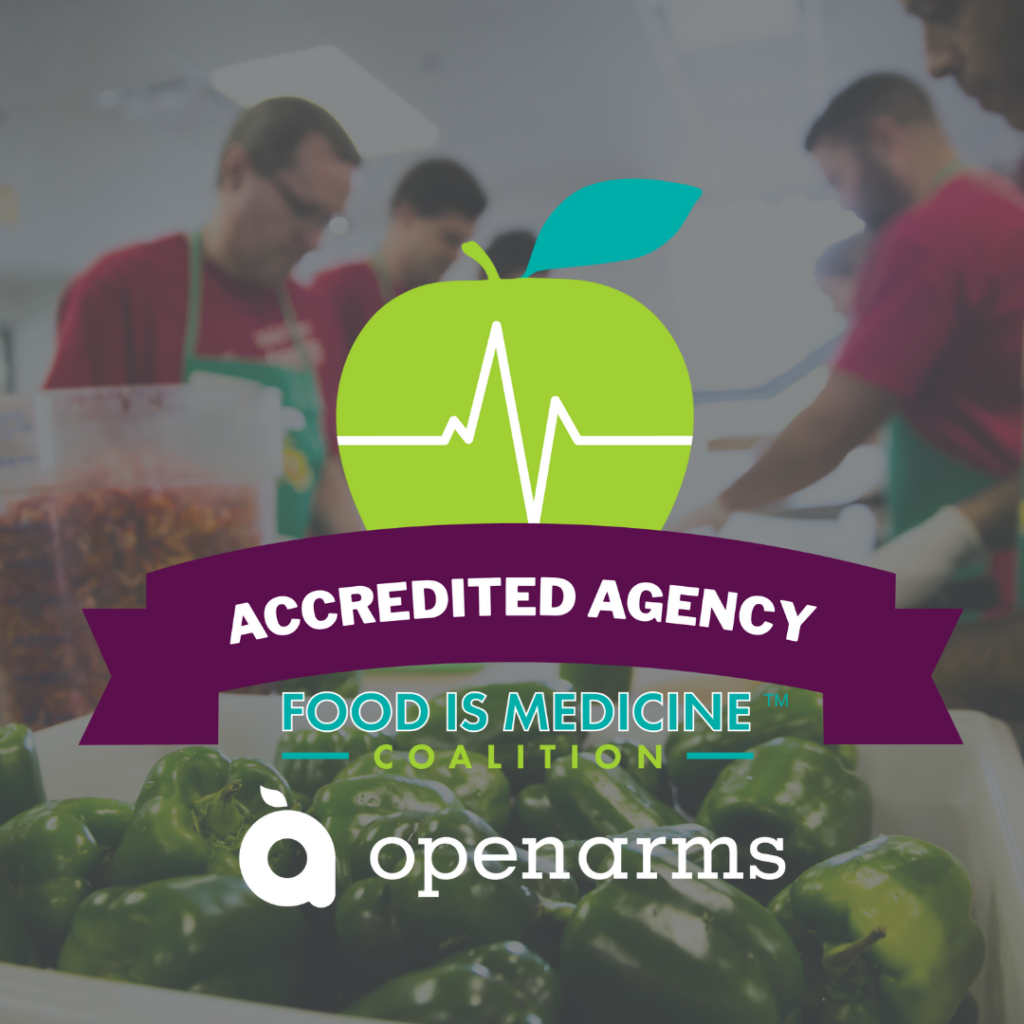I’ve been thinking a lot about body mass index (BMI) lately. Body mass index is the weight to height ratio that is an indicator of whether one’s weight falls within a healthy range. (Google “body mass index” and you will discover any number of conversion devices to calculate your BMI.)
My BMI falls within the “normal” range – but just barely. I’m getting perilously close to a BMI of 25 which would put me in the “overweight” category and increase my risk of co-morbidities. The Centers for Disease Control defines co-morbidities as “conditions that exist at the same time as the primary condition in the same patient” (e.g. hypertension could be a co-morbidity of diabetes). Although BMI is just one indicator of health, mine is high enough to give me pause before eating a cheeseburger and fries.
I was curious about my BMI because of all the discussions I had in
You see, George Bush’s HIV/AIDS initiative, The United States President’s Emergency Plan for AIDS Relief (PEPFAR), outlines three priorities for food support for people with HIV/AIDS: 1) Orphans and vulnerable children; 2) HIV-positive pregnant and lactating women in programs to prevent the transmission of the disease to their children; and 3) Adult patients in anti-retroviral therapy (ART) who have evidence of severe malnutrition as defined by the World Health Organization (WHO) as having a BMI less than 16. PEPFAR actually provides food support for individuals with a slightly higher BMI of 18.5 or under.
While in
The answer: To meet the qualifying BMI of 18.5, I would have to lose nearly 45 pounds and weigh no more than 129 pounds – about what I weighed when I graduated from high school in 1977 – to have a chance of receiving these staples. A BMI of 18.5 is considered mild malnutrition with a moderate risk of co-morbidities.
Now, to meet the WHO’s standard of a BMI of 16, I would need to drop over 60 pounds and weigh approximately 112 pounds. This would classify me as moderately malnourished with a high risk of co-morbidities.
So, let’s say I have HIV, I live in
You read that right, once my BMI is slightly above the “mild malnutrition” classification, I no longer qualify for food supplements. Unless my weight drops when I’m no longer receiving food and my BMI again dips to 18.5 or less – as frequently happens after people with HIV/AIDS “graduate” from the program. Then I can go back on the program and receive food again.
Now in PEPFAR’s defense, qualifications and restrictions do have to be set somewhere, and a BMI of 18.5 is significantly higher than 16. And, in countries like
PEPFAR retains the current BMI classification of 18.5 for people with HIV/AIDS to receive food support. For those adults who fall in the “normal” BMI range of 18.5 – 24.99, PEPFAR allocates significant funding to pilot local, sustainable, food and nutrition programs including gardens and poultry raising projects. Presumably, if someone’s BMI has improved to the “normal” range, their health would allow them to maintain vegetable gardens and animal husbandry projects. The harvest would provide food for themselves and their families with the excess being sold at market as an income-generating component to the plan.
Should someone’s BMI actually go above 25 and move from a “normal” classification to an “overweight” classification, then “graduating” from the program seems appropriate, since now the increased weight could possibly be contributing to ill health. As someone with a BMI hovering very close to that classification, what a great incentive for staying as healthy as possible.






